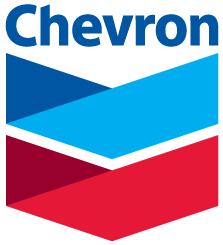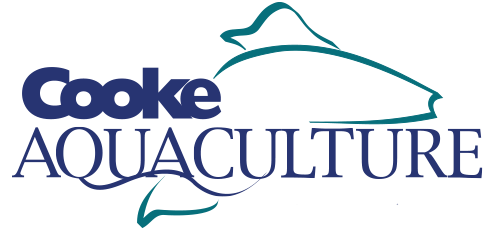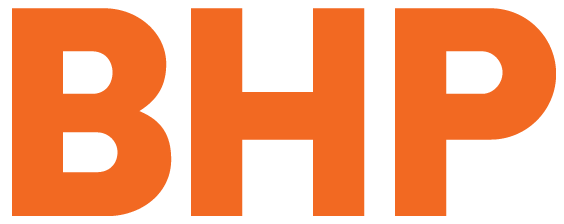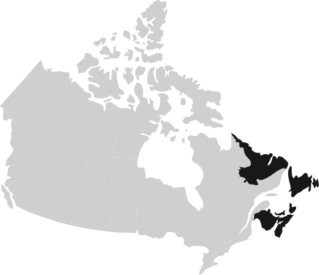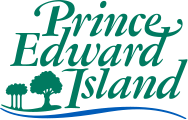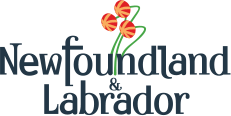
ATLANTIC CANADA'S VAST OCEAN SECTOR
SUBSECTOR
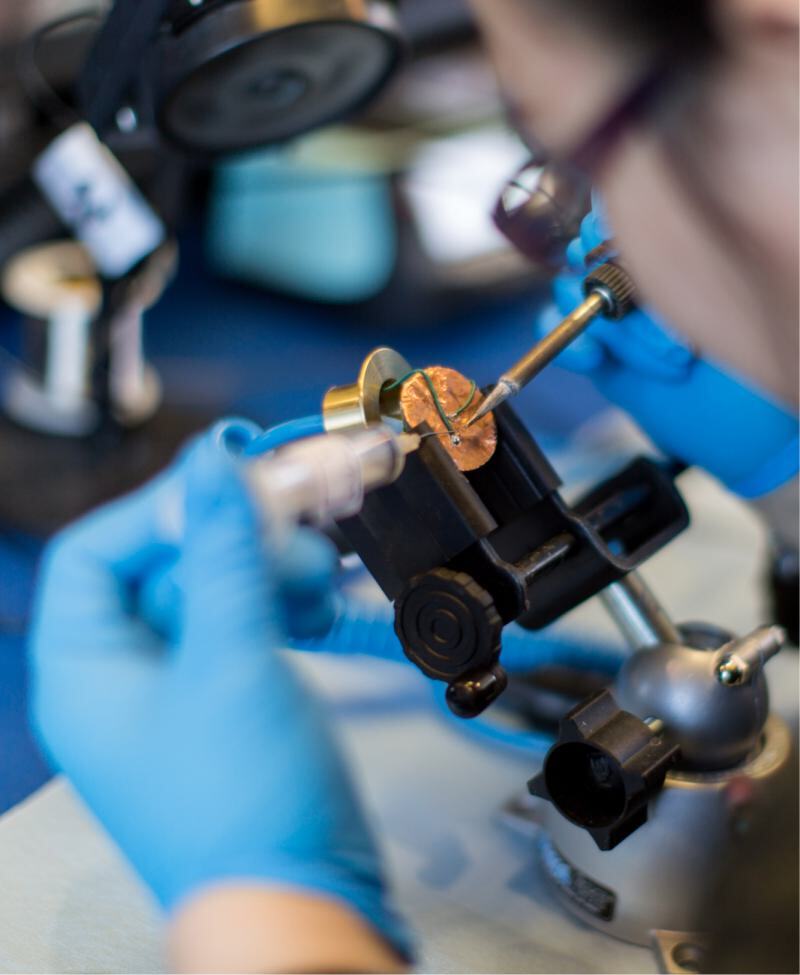
How it's done:
ATLANTIC CANADA'S OCEAN INFRASTRUCTURE
Relatively lower wages make Atlantic Canada an attractive proposition for businesses. Meanwhile, Canada’s immigration-friendly outlook makes it easier to source skilled workers—and programs are in place to expedite skilled guest-workers’ entry into the country. Here is a snapshot of Atlantic Canada’s ocean workforce and labour supply.
Along with its large talent base, Atlantic Canada has the second-largest concentration of workers in renewable energy in Canada.
Experience dealing with harsh climates gives Atlantic Canada an edge and expanded knowledge base to benefit companies in the ocean tech space.
The Atlantica Centre for Energy is among several associations providing opportunities for collaboration between companies in the region.
Canada’s Ocean Supercluster — a transformative cluster model developed to drive cross-sectoral collaboration, accelerate innovation, and grow Canada's ocean economy — is based in Atlantic Canada. Projects include scanning glacial seabeds to aid with installation infrastructure in support of the region’s potential wind energy sector.
Several universities in the region have programs related to the environmental sciences, along with research centres dedicated to innovations in renewable energy, such as the Center for Applied Sciences and Technology at Holland College, and the Renewable Energy Storage Laboratory at Dalhousie University.
Atlantic Canada is home to several research centres dedicated to innovations in marine technologies, such as Memorial University’s Marine Institute (MI)—North America's largest suite of marine simulators for education, training, research and development, and support for ocean technology. This includes The Launch, ideally located in Holyrood NL to mobilize Canadian and Arctic Ocean research. If it works there, it will work everywhere.
Memorial University boasts the unique distinction of being home to the world's only co-op program in Ocean and Naval Architectural Engineering and is known for conducting a significant amount of ocean technology research, accounting for 40% of the University's overall research efforts. In addition, Memorial University offers Canada's one and only ROV Operator Program.
Atlantic Canada is also home to the Centre for Ocean Ventures and Entrepreneurship (COVE), which supports collaboration between institutions and businesses in marine technologies and provides access to water and testing platforms. Businesses interested in investing in the region can leverage such support in expanding their reach in Canada and beyond.
Where it's done:
ATLANTIC CANADA'S OCEAN INSTITUTIONS AND ASSOCIATIONS
Memorial University’s Marine Institute (MI) is home to the world’s largest flume tank, 2 of only 5 full-motion ship’s bridge simulators on the planet and Canada’s only Remotely Operated Vehicles (ROV) Operator Program. The nearby Ocean, Coastal and River Engineering Research Centre has the world’s longest ice tank simulating Arctic and northern marine conditions. Meanwhile, the 4 Atlantic Provinces are home to the highest concentration of skilled aquaculture and related manufacturing workers in Canada, along with the institutions and programs to grow this substantial ocean skill set.

Research and Innovation
Dalhousie University
Marine Environmental Observation, Prediction, and Response Network
Memorial University of Newfoundland
Centre for Applied Ocean Technology
Centre for Aquaculture and Seafood Development
Ocean, Coastal and River Engineering Research Centre
Offshore Safety and Survival Centre
Nova Scotia Community College
Sensing, Engineering, and Analytics Technology Access Centre
University of New Brunswick
University of Prince Edward Island
Other
Bedford Institute of Oceanography (Nova Scotia)
C-CORE (Newfoundland and Labrador)
Centre for Ocean Venture and Entrepreneurship (Nova Scotia)
Emergence (Prince Edward Island)
Energy Research and Innovation (Newfoundland and Labrador)
Fundy Ocean Research Centre for Energy (Nova Scotia)

Businesses and Associations
Newfoundland and Labrador
Newfoundland and Labrador Aquaculture Industries Association
Nova Scotia
Aquaculture Association of Nova Scotia
Global Spatial Technology Solutions
Nova Scotia Boatbuilders Association
Industry Associations
Keeping Good Company
Many global companies and institutions have seen the benefits of working in partnership with Atlantic Canadian companies. World-leading energy companies, the European Space Agency and the North American Aerospace Defense Command (NORAD) are just a few of the key players. Explore some of the globally recognized organizations already engaged.
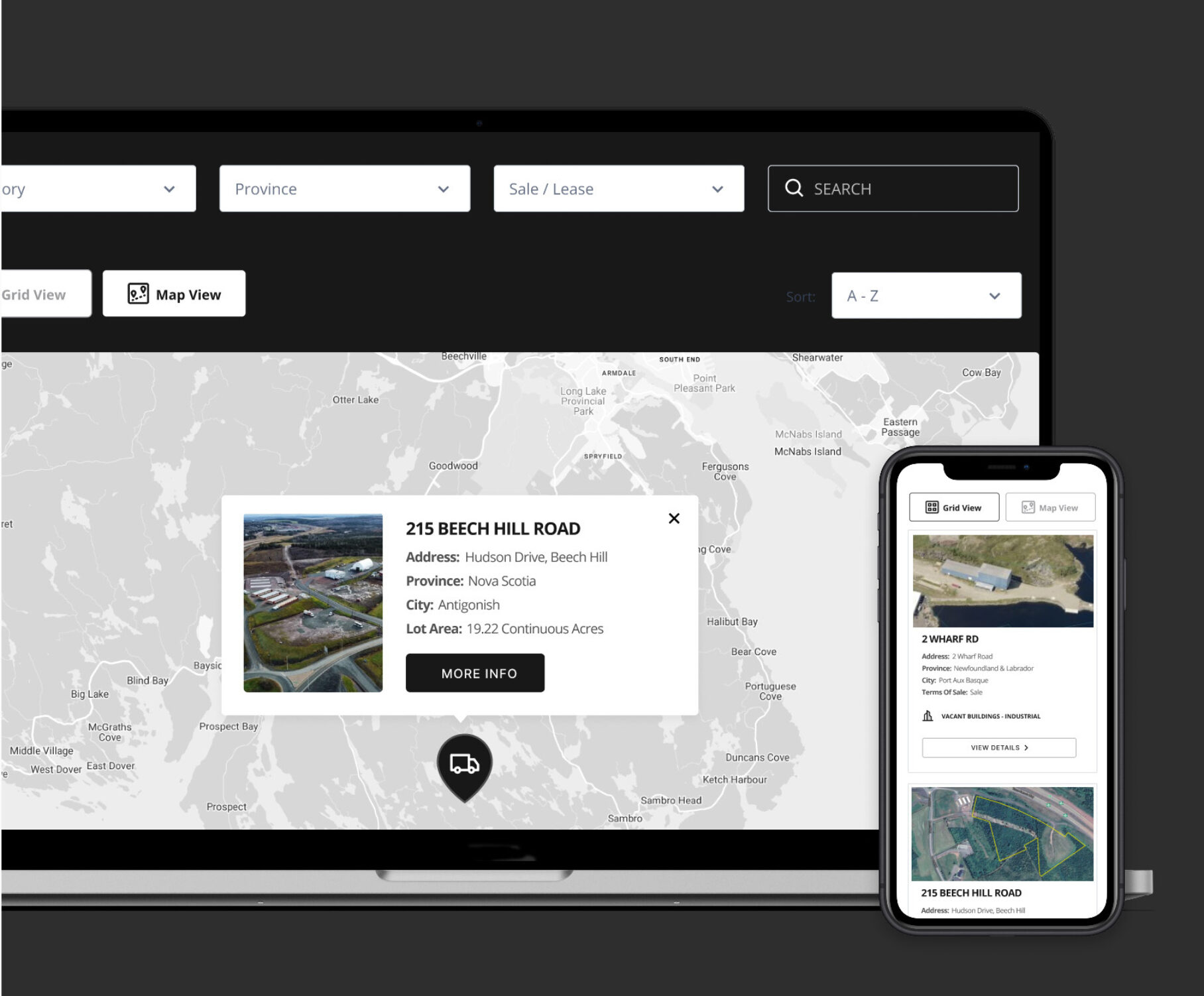
ATLANTIC
Certified Sites
Atlantic Canada Certified Sites is the only site certification program that gives you access to development-ready sites in all four Atlantic Canada's provinces. View detailed property information and quickly find a site that aligns with your development needs.
FIND A SITEOTHER POWERFUL SECTORS
Energy Innovation
Atlantic Canada is a leader in 21st-century energy solutions. From harnessing wind power to exploring the potential of small nuclear reactors, the region is at the forefront of driving efficient and sustainable energy solutions from generation to distribution.
LEARN MORECyber Technology
Fast becoming one of Canada’s most significant tech clusters, Atlantic Canada has its finger on the pulse of information security, critical infrastructure security, and financial technology.
LEARN MOREAerospace & Defence
The perfect testing ground for land-based vehicles, Atlantic Canada also has sky-high skills in aircraft repair and maintenance, along with serious smarts in sensors and simulations.
LEARN MORETHE REGION
The Power of
Atlantic Canada
As we enter an era of a truly global economy, there is a place positioned for success — to the power of 4. Ever at the forefront of exploration and innovation, the four distinct provinces of Atlantic Canada form one powerful alliance.





